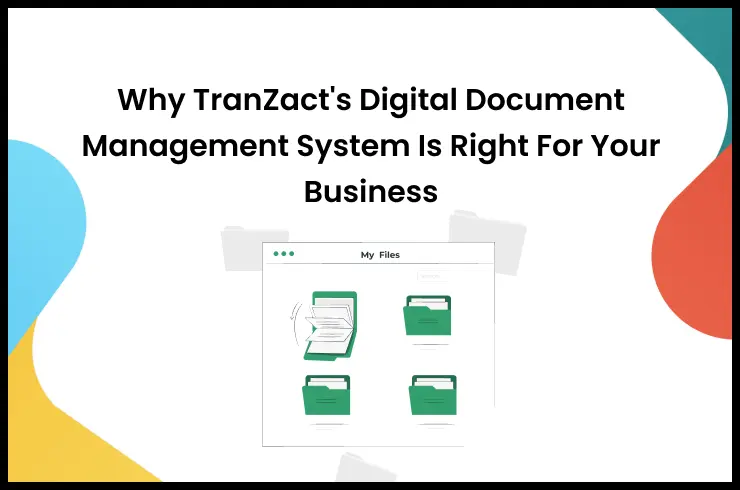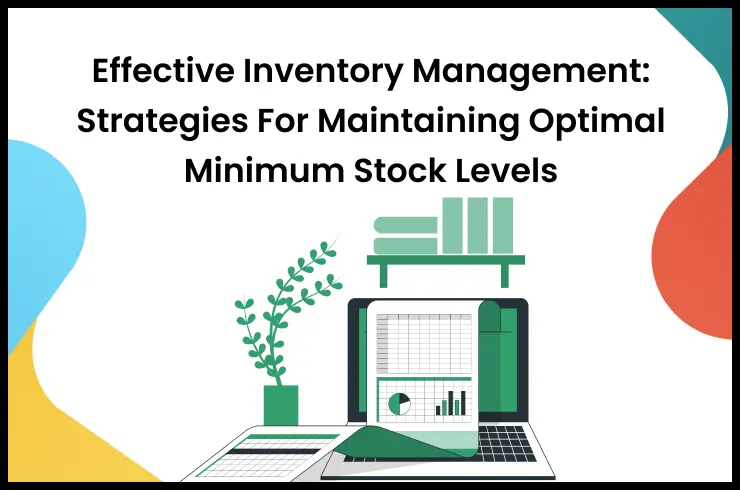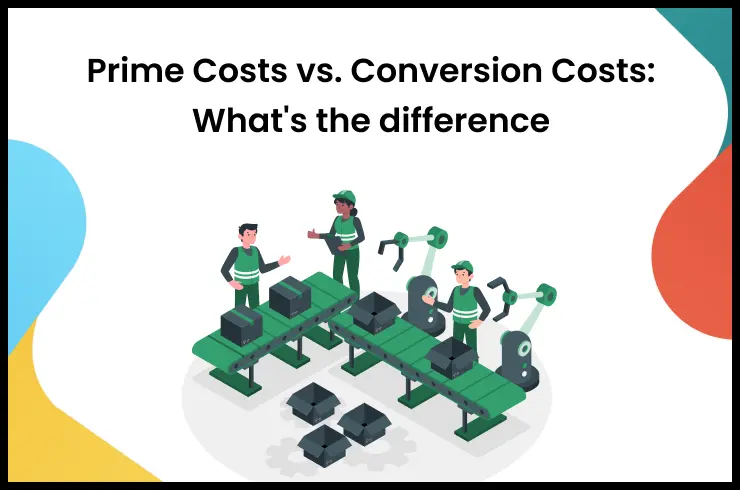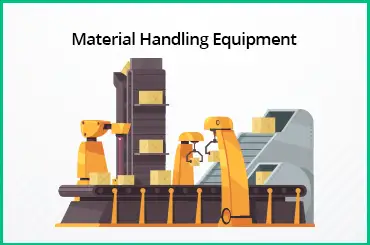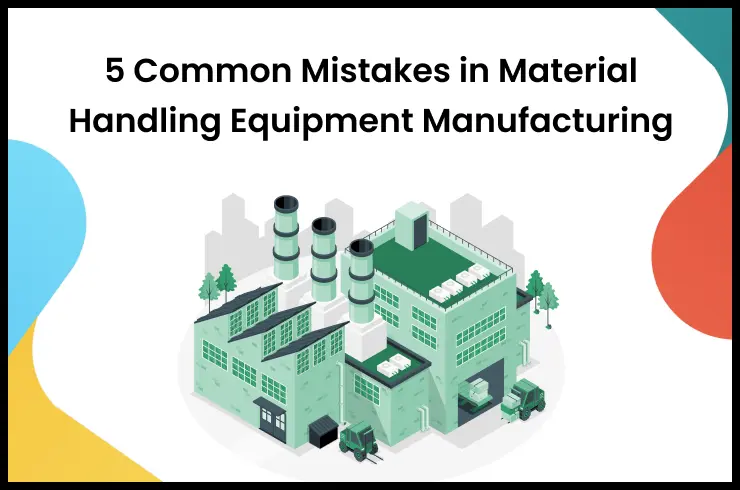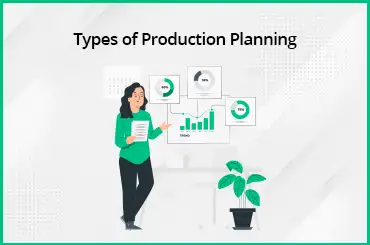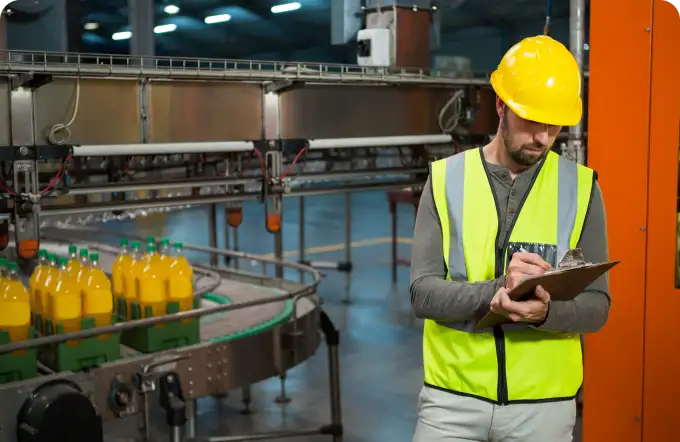Manufacturing businesses revolve around two things “demand” and “supply”. With high product demand, businesses also need a proper supply of products to run smoothly. This is where production planning for manufacturing can help. It lets you schedule, adjust, check time, etc.
In this blog post, we will understand the importance of production planning and see how it can help your manufacturing businesses.
What Is Production Planning?
Production planning involves creating a plan for manufacturing processes. It details what, how much, and when to produce to meet demand efficiently. It considers resources, capacity, and timelines to optimize production schedules. Effective planning makes sure smooth operations, minimizes costs, and improves productivity in the manufacturing process.
Below are the main components of the production planning processes to follow:
1. Scheduling of production: This is to check the production flow and schedule for the next product execution.
2. Planning on capacity: It considers the demand in the market and checks the planning capacity.
3. Material Requirements Planning (MRP): MRP keeps track of all the materials required and makes a complete planning.
4. Supply chain management: SCM aims to check the supply of raw materials for the production process.
Why is Production Planning Important For Manufacturing Businesses?
Production planning for manufacturing is a cost-effective way that helps in smoothening workflow. Here are a few factors that make it important:
1. Efficient resource management: Efficient resource management with Material Requirements Planning (MRP) is achieved through a systematic approach to planning, scheduling, and controlling the flow of materials and resources throughout the manufacturing process.
2. Inventory management: This software checks the market demand and maintains the inventory levels. This helps make sure manufacturing businesses have enough things to sell without making too much.
3. Better decisions: Decisions play an important role in every manufacturing stage. Production planning for manufacturing helps with making decisions for labour, resources, and allocation.
4. Obeying of regulations: The manufacturing processes need to follow certain regulation standards. This is set by higher organizations under the law. Production planning for manufacturing allows manufacturers ahead of the work for better results.
5. Better delivery: After the product has been produced, manufacturers have to take care of its delivery process. It helps businesses meet deadlines and maintain customer satisfaction and loyalty.
Read More: Importance of Production Planning
Challenges In Production Planning
Production planning for manufacturing is a complex and detailed process. Indian small and medium-sized (SME) manufacturing businesses face many challenges in planning production, such as:
1. Resource Limitations: Not having enough funds, people or materials can cause problems in effective planning.
2. Technology Adoption: Slow usage of modern technologies and machines can make a business less efficient and limit its growth.
3. Supply Chain Disruptions: Gaps in the supply chain, mainly because of relying on only a few suppliers or transportation issues.
4. Skilled Labor Shortage: Difficulty in finding and keeping skilled workers, which can affect the quality and production timelines.
5. Regulation Issues: Keeping up with complex, changing laws can be costly and time-consuming.
6. Market Demand Fluctuations: Dealing with changes in customer demand patterns can affect how you manage stock and plan production.
7. Quality Control: Making sure consistent product quality in a competitive market, especially when there’s not much focus on quality control.
8. Infrastructure Issues: Concerns related to poor basic systems, such as unreliable power supply and transportation networks.
9. Access to Credit: Difficulty in getting loans or other financing options for operational and capital costs.
10. Technology Integration: Connecting newly updated tech with old processes can be slow and costly. This can lower work output.
11. Environmental Norms: Following green laws and managing the associated costs can be tough for manufacturing SMEs in India.
Benefits of Effective Production Planning
There are many benefits of production planning. Let us understand them:
1. Resource Management: Effective planning helps make sure that resources like materials, labour, and machinery are used efficiently.
2. Order Fulfillment: Through careful planning, production processes can be simplified, resulting in shorter wait times from when an order is placed to when it's delivered.
3. Inventory Control: Planning production helps keep the right amount of inventory on hand by matching production to demand.
4. Quality Management: Planning ahead allows to implementation of better quality control measures throughout production.
5. Production Efficiency: Good planning means smoother workflows and fewer production delays.
6. Better Adaptability: A solid production plan gives the flexibility to respond to changes in the market, customer preferences, or unexpected issues.
7. Simplified Communication: Effective planning fosters clear communication among team members involved in different stages of production.
8. Cost Savings: Through meticulous planning, manufacturing businesses can identify opportunities to reduce costs throughout the production process.
9. Decision Making: Effective planning provides valuable insights that inform strategic decision-making at both operational and managerial levels.
Best Practices in Production Planning for Manufacturing Business
Production planning for manufacturing helps you use your resources efficiently. Hence, it is important to have the right approach when planning production. Below are some of the best practices for manufacturing businesses:
1. Advanced Technologies: This software comes with many new sub-features that help in planning and carrying out a production plan. Some of them are:
- Data analytic tools
- Resource management systems
- Real-time monitoring
2. Collaboration & Supply Chain: There is a relationship between manufacturing businesses and their supply chains. Businesses can enjoy better supply rates and a production process with information in the following ways:
- Inventory space
- Production rate
- Market behavior
3. Employee Training: Employees are the backbone of manufacturing businesses. Planning in Manufacturing can help in training the employees to improve qualities like:
- Knowledge
- skills
- Training
How TranZact Production Planning Software Can Help You
Production planning is particularly important for those seeking easy and accessible options for managing their manufacturing processes easily and effectively.
TranZact stands out with its unique approach to customizable software solutions. It offers production planning software that helps you manage your tasks better. It is also flexible, as task management holds customizable features. It makes TranZact an ideal option for small to medium-scale manufacturing businesses.
FAQs
1. What’s the importance of production planning?
Production Planning is important because it can improve product quality, contribute to profits, and provide satisfaction to customers.
2. What is production planning in manufacturing?
Production planning in manufacturing helps in analyzing and designing systems aiming for growth. It increases the efficiency of the manufacturing process, improving product quality.
3. What is the most important factor in production planning?
The most important factor in production planning is an efficient manufacturing process. It is important to plan out a suitable and smooth manufacture of products. Production planning can benefit the business and make it cost-effective, timely, and quality-oriented.
4. What are the 5 steps in production planning?
The 5 main steps involved with production planning are:
- Prepare
- Channelise
- Schedule
- Delivery
- Review
5. What are the 3 main components of production planning?
The 3 main components of production planning are:
- Production Scheduling
- Supply Chain Management
- Workforce Allocation
6. What are the 3 phases of production planning?
The 3 phases of production planning include the following:
- Estimating Demand
- ProductionImprovement







